|
Water is a big topic these days! Here's a round up of stories from around the Upper Mississippi Basin From the Freshwater Society: U of MN and Freshwater researchers to evaluate injection wells, infiltration basins. With groundwater shortages becoming a concern in some areas of the state, researchers at the University of Minnesota and Freshwater will be poised to assist by deploying a first-of-its-kind GIS mapping tool that could help pave the way for managed aquifer recharge in Minnesota. From the Daily Memphian: As Mississippi River levels swing between historic highs and lows, shipping industry grapples with how to adapt Right now, drought is the one consistent condition along the length of the river. The Mississippi has reached near-historic lows for the second year in a row, which is slowing down shipping and driving up costs for everyone from barge companies to grain elevators. From MinnPost: Warming urban aquifers become fermentation vessels for water-borne pathogens, providing one more reason why replacing aging infrastructure is a good idea. From the New York Times: Big Farms and Flawless Fries Are Gulping Water in the Land of 10,000 Lakes. When Minnesota farmers cranked up their wells in a drought, they blew through state limits. Thirsty crops included corn, soybeans and perfect, fry-friendly potatoes. From Chris Jones' Substack: Honk if you smell BS... said the gander. Iowa's Lake Darling is full of algae... who's to blame? Is it the geese? From Circle of Blue: Chicago Suburbs, Running Out of Water, Will Tap Lake Michigan. The project is a reminder that even in rainy places that seem most water-secure – the shores of the Great Lakes, the Mississippi River basin – a reliable supply is not always assured. From the River Alliance of Wisconsin:
Little Plover River Flows Less than “Healthy” for Two Months, High Capacity Wells Blamed. Once again, the Little Plover river is in trouble, and not only because of this summer’s drought. To understand why the Little Plover isn’t flowing like it has been in the past few years, we have to look underground.
0 Comments
Long-term research at Cedar Creek Ecosystem Science Reserve has shown that test plots with more diversity (more species of plants) are more productive and resilient. The more species of plants in an area, the greater biomass that plot produced and the more resistant the plant communities are to drought and other stress. This research shows the way for us to make changes in our agricultural systems - increasing diversity in our row crops can help to increase crop yields while reducing the need for fertilizers. Cedar Creek Ecosystem Science Reserve is a large biological research site in east-central Minnesota with natural habitats that represent the entire state. Cedar Creek sits at the meeting point of three major biomes: the tallgrass prairie, coniferous forest, and deciduous forest. As a result, the reserve is considered a site of Outstanding Biodiversity Significance by the MN Biological Survey. Prescribed fire, invasive species control, and rigorous monitoring, are used to maintain and restore in collaboration with local and regional partners. Cedar Creek is owned and operated by the University of Minnesota in cooperation with the Minnesota Academy of Science..
What kind of change? Using the results of the research at Cedar Creek, Dr. Tilman showed that increasing the diversity of plant communities in farm fields would increase yields. He talked about research into new farm practices in China that have shown that adding just one additional crop inter-stripped into a field in five-foot rows greatly increased total yields of both crops. Adding cover crops that create the diversity to the mix you find in nature – grasses, legumes and flowering plants – will rebuild healthy soil. This will mean storing more carbon, requiring less fertilizer for crops and increasing yields so more land does not have to be cleared.  Dr. Elizabeth Borer (photo U of MN) Dr. Elizabeth Borer (photo U of MN) In her talk on September 22, Dr. Elizabeth Borer described her work with a global research cooperative of hundreds of researchers at more than 160 sites who study grasslands around the world. This network spans 28 countries on six continents, providing a global context for the work at Cedar Creek. The researchers in this network share data on the changes they are seeing as nutrient pollution through rain and water pollution causes changes in native grasslands across the globe. Native plants in an area evolved to suit the nutrient signature where they were growing; added nitrogen is causing a loss of native plants and more insect herbivory, and leaves plants more susceptible to disease. The slide below shows the increasing nitrogen in rainfall since 1860. This nitrogen comes from emissions of ammonia and nitrous oxides, and is expected to increase in years to come.
When we are told alarming news like this, we may feel discouraged, and don’t feel that there’s anything we can do. But there are things we can do. We can advocate for increased funding in the Farm Bill to help farmers change farming practices, and we can eat foods like vegetables, fruits, whole grains, and nuts while reducing our consumption of red meat and dairy products. The diagram below shows the environmental impact of a food's production on the left axis and the relative risk of mortality from eating a daily serving of that food along the bottom axis.
Please let us know when you have contacted one of these House or Senate members - fill in this quick form at this link. We are especially interested in any responses you receive - there's a line on that form for summarizing any response or you can attach a file if that would work. When you complete the form you will get a copy of your response. Thank you! Also, thank you to everyone who attended the US Farm Bill 2023 webinar by Duane Hovorka, Senior Policy Specialist, National Wildlife Federation that LWV Upper Mississippi River Region hosted on August 7. In case you missed it, view the recording here.
The Farm Bill is taking shape. We will continue to report on it in this blog. Marker bills are circulating now and are are seeing the outline of the final bill. Here are some resources to help you understand things as they come along. There was a listening session on the Farm Bill at Minnesota's Farm Fest on August 2. Here's a link to watch the video of this event: https://www.youtube.com/watch?v=wAZKlpUE19E There will be a second listening session happening on Wednesday, August 16 in La Crosse, Wisconsin, beginning at 1:00 PM CT at the La Crosse Center at 300 Harborview Plaza, La Crosse. Register at this link: https://vanorden.house.gov/ListeningSession Information from Congress Congressional Research Service: https://crsreports.congress.gov/product/pdf/IF/IF12047 and https://crsreports.congress.gov/product/pdf/IF/IF12233 Podcast from Brownstein law firm For those who prefer to listen rather than read: https://www.bhfs.com/insights/podcasts/an-introduction-to-the-2023-farm-bill Information from Farm Aid Farm Bill Primer (history, politics, twelve titles, more): https://www.farmaid.org/issues/farm-policy/farm-bill-101/ Updates on Farm Bill progress: https://www.farmaid.org/issues/farm-policy/the-latest-updates-on-the-2023-farm-bill/ From PASA Sustainable Agriculture What is a marker bill? https://pasafarming.org/farm-bill-101-whats-a-marker-bill/ Documents from the Mississippi River Network with background
Membership in the Climate Interest Group is open to all LWV members. The CIG has ten teams that are organized around ten topic areas - you can link to these teams from the CIG website. The teams meet monthly by Zoom, sharing information on research and events linked to their topic. LWV UMRR would welcome members from these groups providing updates on these meetings to UMRR so that we can all benefit from the work of the CIG. If you are interested in being a link between UMRR and these groups, please email us at [email protected]. Thanks!
Our featured presenters are Alicia Vasto from the Iowa Environmental Council speaking on the Mississippi River Restoration and Resilience initiative (MRRRI), Brandt Thorington from the Mississippi River Cities and Towns Initiative on the Safeguarding the Mississippi River Together initiative (SMRT), Lara Bryant from the Natural Resources Defense Council speaking on behalf of the Clean Water For All Coalition on the Farm Bill reauthorization and Kirsten Wallace from the Upper Mississippi River Basin Authority on the notion of an Upper Midwest Compact to protect the waters of the Mississippi from diversion. We have more information on the speakers in this post on the UMRR Blog. This video was recorded on May 21 at 10:30. This video is presented by the League of Women Voters Upper Mississippi River Region. To learn more about our organization and our work, visit our website at https://www.lwvumrr.org/ .
The answer is that Congress is one piece – an important one – of the solution to the Mississippi’s woes. In the UMRR Annual Meeting, we will have an exciting panel of speakers to talk about bills currently in the US Congress that have the potential to greatly affect our river. We will also explore the idea of a “compact” between river states to protect the river from water diversions. This session will set the stage for the work that LWV UMRR will tackle in the years to come. Join LWV UMRR for this session on May 21 at 10:30. This meeting will be held in Webinar format on Zoom - pre-registration is required. Click this link to pre-register! You will receive the link to the meeting by return email; we will send reminders in May, including on the 21st. Registration is open until the meeting starts on May 21 at 10:30. We have a great slate of panelists for this session - representatives from other organizations working for the river and leading work on federal bills and big ideas. We will cover the Mississippi River Restoration and Resilience initiative (MRRRI), the Safeguarding the Mississippi River Together initiative (SMRT), the Farm Bill reauthorization and a big idea - the notion of an Upper Midwest Compact to protect the waters of the Mississippi from diversion. Our speakers represent organizations that are working to protect the Mississippi.
On Feb 14, 2022, a group of researchers from the Universities of Wisconsin, Kansas, Kentucky and California published a paper that examines the overall impact of the US Renewable Fuel Standard on carbon in our atmosphere. Here's a link to that article in the Proceedings of the National Academy of Sciences. Based on their analysis, the researchers showed that ethanol from corn and other biofuels actually add to green house gases. The researchers conclude that when considerations such as land use changes, increased fertilizer use, impacts of ethanol production and more, corn ethanol can actually be increasing green house gases. Corn ethanol is the current cornerstone of renewable fuels. Corn ethanol was found to be worse for the environment than gasoline in this paper. Researchers from other institutions will add their analyses as they test the hypotheses of this paper. That is how science works, through testing and data, and rigorous discussion based on facts.
Science has become politicized, and it is likely that there will be much bluster and ballyhoo about this research, too. Depending on where you get your news, the interpretation will change. It's good to look at the data that the conclusions are based on and keep an open mind when the research is discussed. This article, on the Civil Eats website, provides a good summary of the paper for non-scientific audiences from an environmental perspective. Limited reading of the article is allowed before the paywall closes. This article is from one of the authors of the paper, is a statement of findings in his own words on the UC Davis website. It is also a good summary of the findings.
Alan Guebert bio: Alan Guebert was raised on a 720-acre, 100-cow dairy farm in southern Illinois. After graduating the University of Illinois in 1980, he served as an associate editor at Professional Farmers of America in Cedar Falls, Iowa and Successful Farming magazine in Des Moines. Later he spent eight years as a contributing editor for Farm Journal magazine of Philadelphia.
In 1993, Guebert began the Farm and Food File, a weekly newspaper column on farm and food policy and politics. Twenty-eight years and 1 million words later, the Farm and Food File continues to be published weekly in 26 states and two Canadian provinces. Guebert currently lives in Madison, WI, with his spouse, the lovely Catherine. They have two children and three grandchildren. |
|||||||||||||||||||||||||||||||||||||||||||||||||||||||||||||||||||
| LWV Upper Mississippi River Region | UMRR blog |
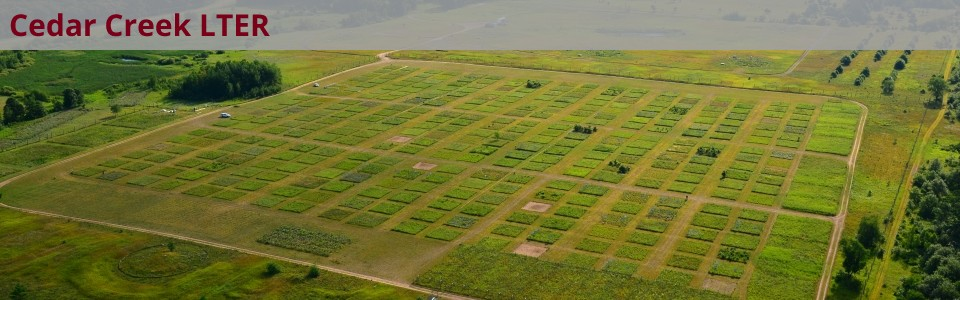
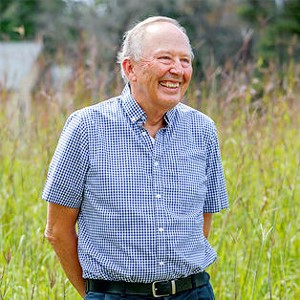
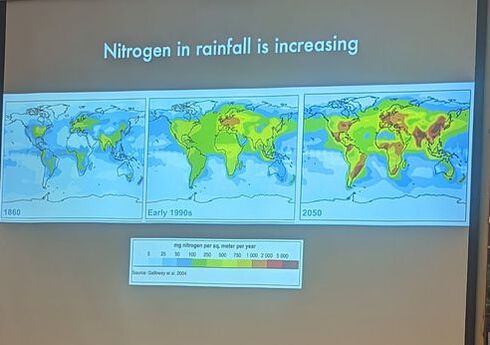
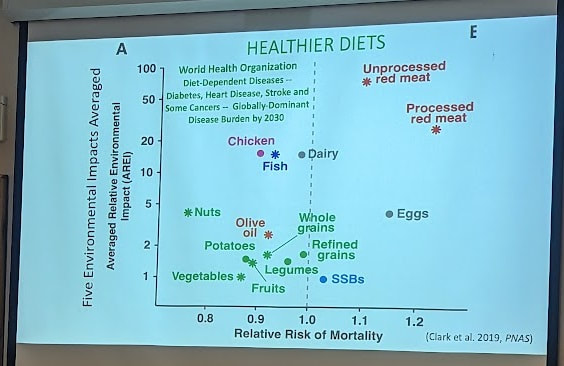
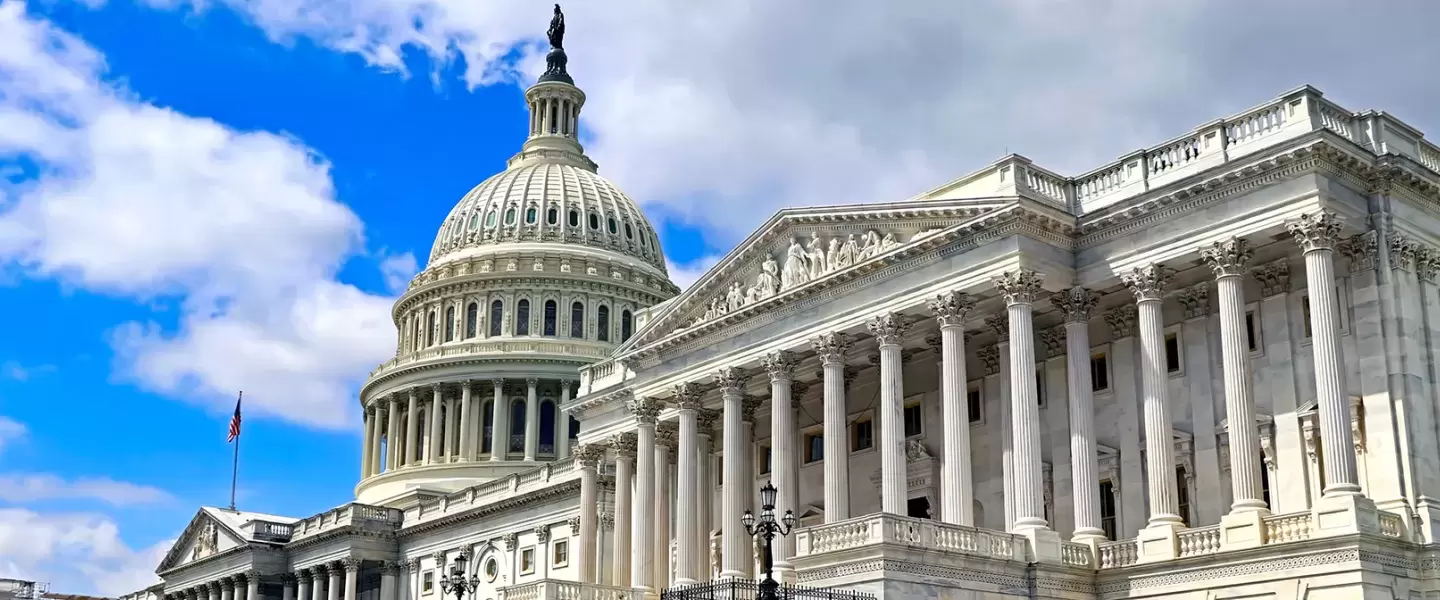
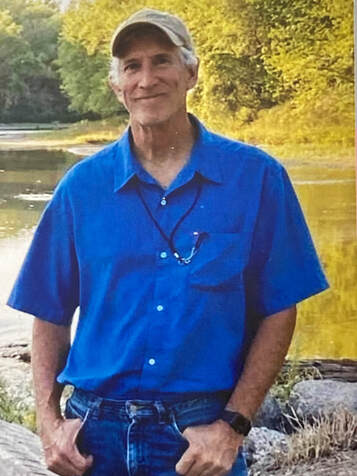
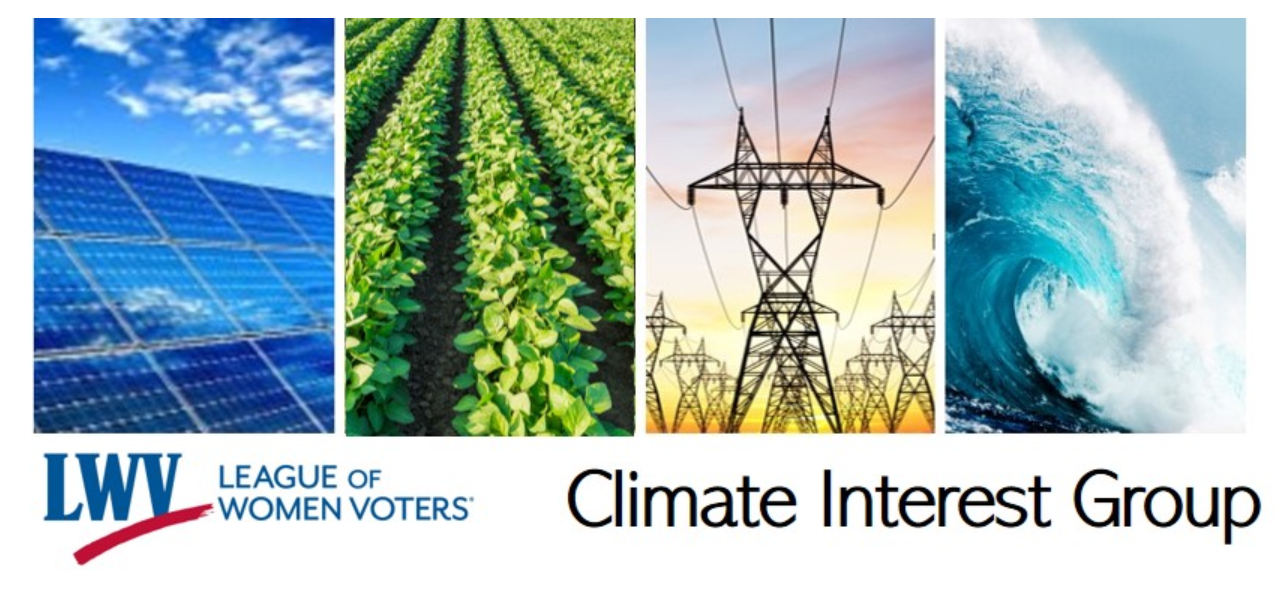
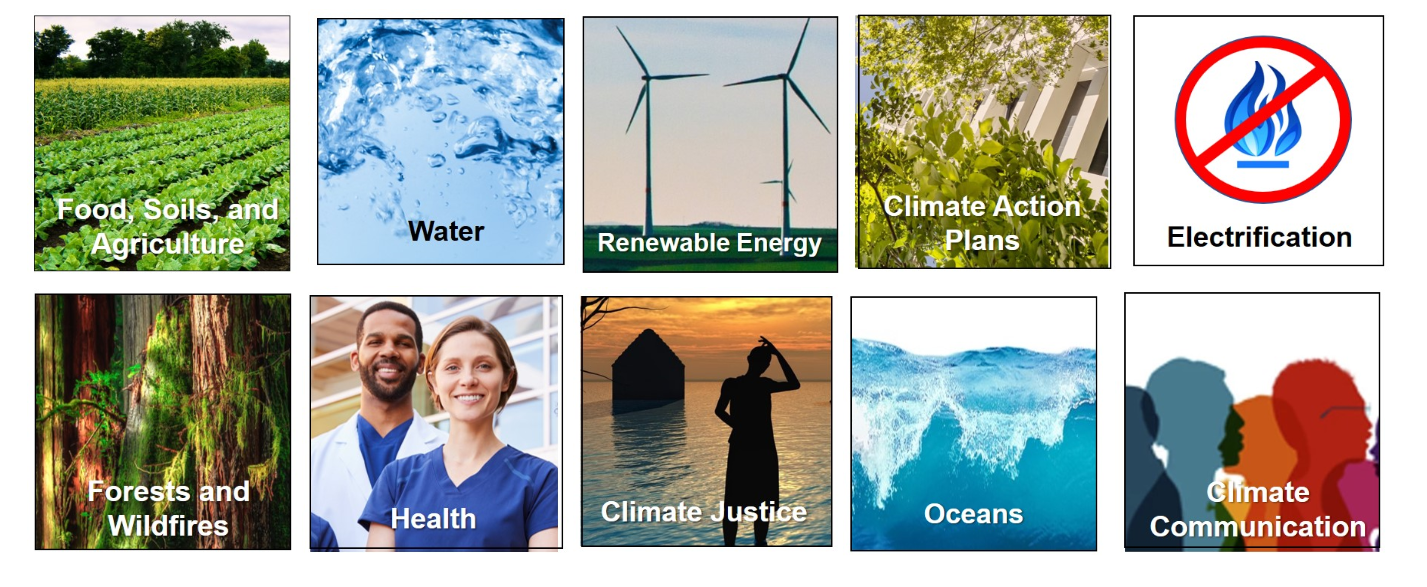

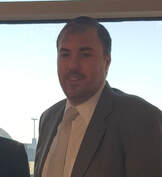
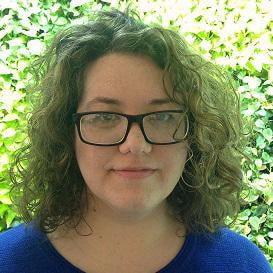
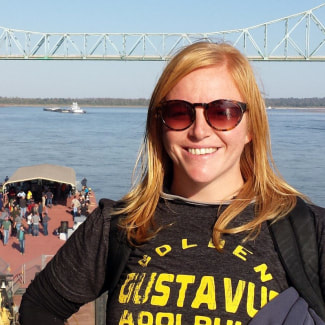
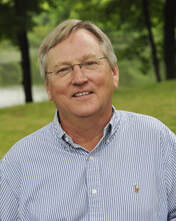
 RSS Feed
RSS Feed